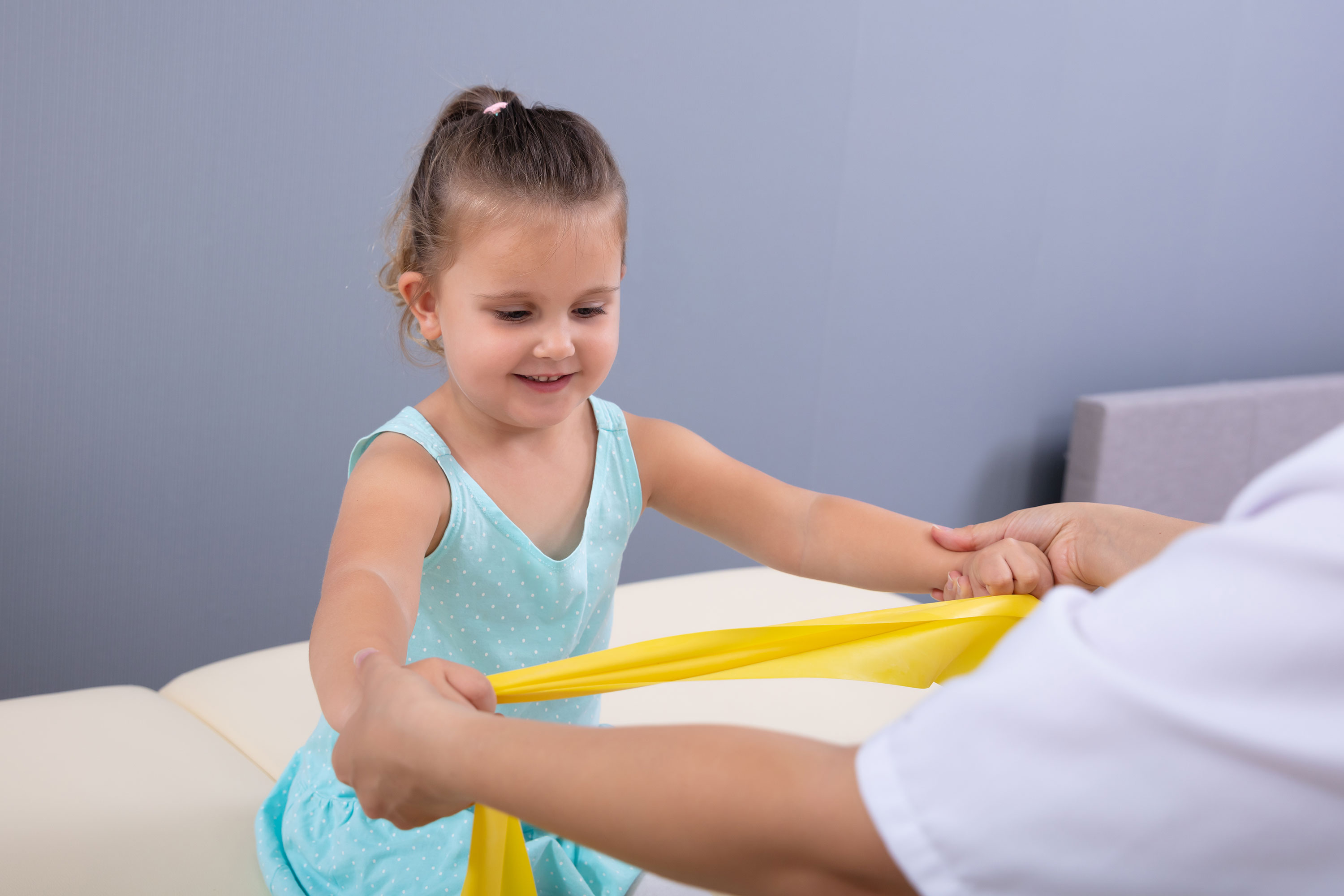When you hear the term “arthritis,” the first image that comes to mind might be a frail elderly person who has trouble opening up a jar of pickles or tying their shoes. It may surprise you, then, to hear that arthritis can affect children and adolescents, too. Arthritis that affects these younger populations is referred to as juvenile arthritis, and although it’s not nearly as common as rheumatoid arthritis and osteoarthritis, it can still be a major barrier to a normal life for the many individuals with the condition. Fortunately, our New York City physical therapists can provide an active treatment program for these patients that focuses on movement to alleviate symptoms.
The immune system develops rapidly throughout childhood and is not fully formed until about age 18. This state of development in the immune system is one of the main factors that leaves children and adolescents vulnerable to juvenile arthritis. As an autoimmune disease, juvenile arthritis causes the body’s normal defense system to attack itself, which compromises a child’s ability to fight normal diseases and leaves them open to further complications. Nearly 300,000 children have some form of juvenile arthritis, many of whom are impaired in their abilities to function normally in everyday life.
Juvenile arthritis is actually an umbrella term used to describe the many autoimmune and inflammatory conditions that can develop in these younger populations. It can appear in children as young as six months old and as late as 18 years old, and though each type of juvenile arthritis has its own unique features, most involve some degree of joint pain, swelling, redness, and warmth that doesn’t go away over time.
Some forms of juvenile arthritis affect the musculoskeletal system, but oddly, joint symptoms may be minor or nonexistent. It can also affect the eyes, skin, muscles, and gastrointestinal tract. The most common form is called juvenile idiopathic arthritis, often referred to as juvenile rheumatoid arthritis (JRA). JRA affects about 50,000 children in the U.S. and is the result of the immune system mistakenly attacking the body’s tissues, which causes inflammation and an array of painful symptoms.
When children show signs of juvenile arthritis, some parents assume the swollen joints and fever may just be the flu, or that a rash is from an allergic reaction. It’s for this reason that parents should be vigilant and know the possible indications of juvenile arthritis when these symptoms continue longer than expected.
How our New York City physical therapists can manage juvenile arthritis
There is currently no cure for juvenile arthritis, so the condition is instead managed by helping patients control their pain, reduce inflammation, and maintain mobility. Many children with juvenile arthritis lose muscle mass and flexibility during a flare-up, which is a period in which symptoms get significantly worse. These patients are often unable to regain these losses in between flare-ups, and their physical abilities tend to gradually decline over time as a result. It’s for this reason that physical therapy is often recommended as one of the best solutions for these patients since it aims to improve joint flexibility, muscle strength, and overall fitness levels. A treatment program for children with juvenile arthritis from our New York City physical therapists will typically consist of the following:
- Stretching exercises to help patients regain flexibility that has been lost
- Strengthening exercises to build back strength deficits, particularly high-repetition, low-weight resistance exercises that target weak muscles
- Education and guidance on how to stay physically active and what types of activities are best
- Pain-relieving modalities like ultrasound, ice, and heat therapy
- In some cases, a physical therapist will also recommend an assistive device like a splint to help keep joints properly aligned and stretch them
Juvenile arthritis is a bothersome condition for younger patients that must be acknowledged and managed accordingly, and we strongly believe that physical therapy is the best way to accomplish this. If your child is displaying symptoms that might suggest juvenile arthritis, our New York City physical therapists recommend that you come in for an evaluation to determine if the condition is present. Call Dynamic Sports Physical Therapy at 212-317-8303 to schedule an appointment today, or click here for more information on juvenile arthritis.

